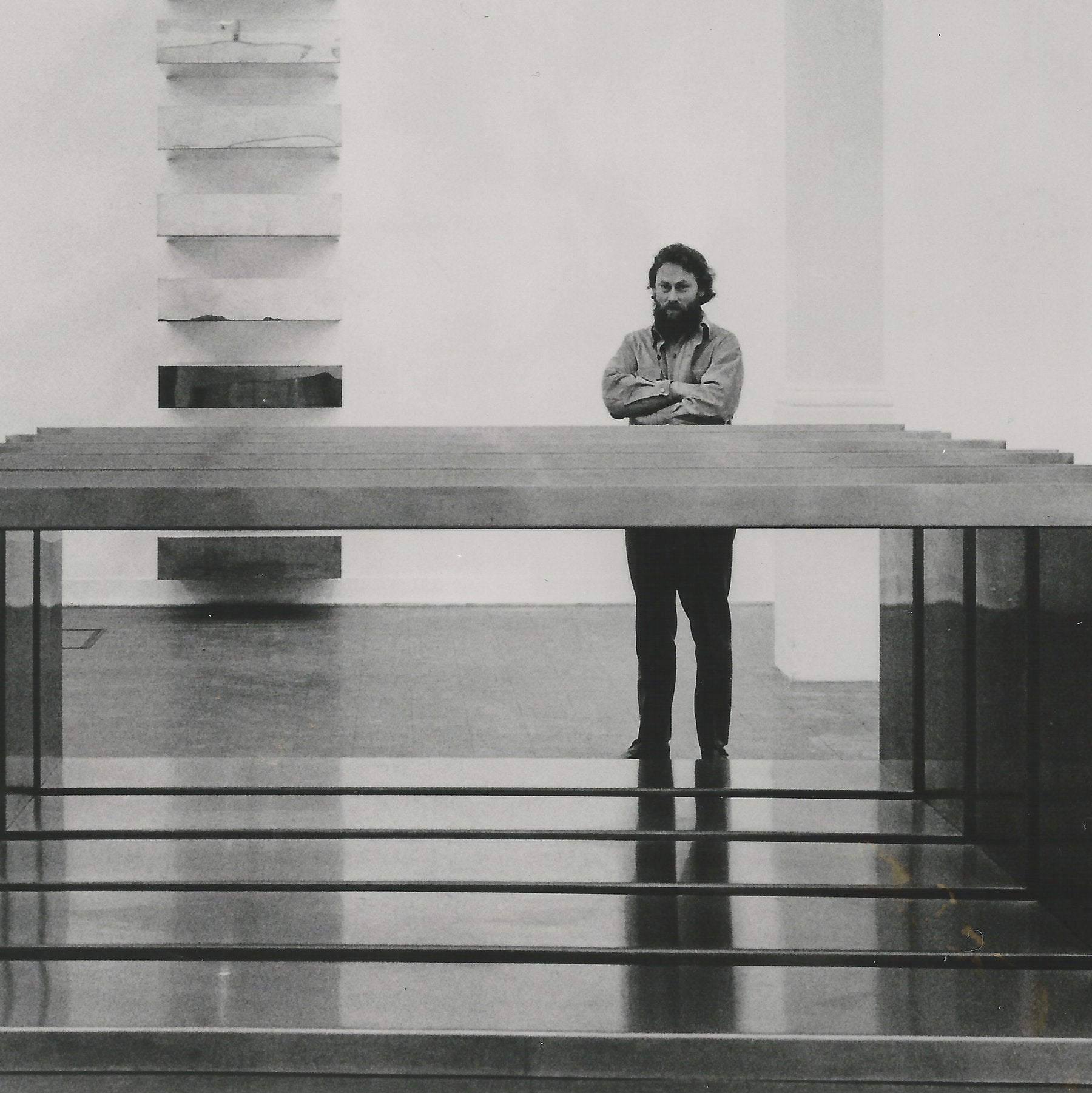
The Judd Foundation, which preserves Donald Judd's legacy and runs the late artist's two former studios in New York and Marfa, Texas, filed a lawsuit Tuesday against two galleries, alleging that they caused irreparable damage to one of Donald Judd's works. while they were in your care. In the complaint, filed with the Manhattan Supreme Court, the foundation alleges that Tina Kim Gallery and New York-based Kukje Gallery, which has locations in Seoul and Busan, South Korea, violated a consignment agreement by leaving prints fingerprints in an Untitled work (1991), in aluminum and Plexiglas.
Donald Judd was a pioneering artist known for his papers and for his works, which he called “specific objects”, produced according to his precise instructions. The artist has historically been considered a minimalist, a label he has always rejected.

The work at the center of the process, Untitled (1991), derives from the artist's “Menziken” series, in which he produced a set of wall-mounted aluminum boxes made with translucent Plexiglas glass. Us court documents, the Judd Foundation claims that, in 2015, it had consigned the work to Kukje and Tina Kim, who are affiliated with each other and owned by members of the same family, for them to be sold. In March of that year, dealers showed the work in a joint booth at the Frieze New York art fair.

The Judd Foundation claims that between 2015 and 2018, while the work was in the hands of dealers, it suffered “irreversible” damage due to mishandling. According to the process, the anodized aluminum surface on each of Judd's "Menziken" sculptures requires "very careful handling and, if mishandled, can easily mark." The complaint continues: "Any fingerprints on the anodized aluminum surface must be removed quickly or, over time, the oils in the fingerprints can react with the surface and leave permanent, disfiguring, and irreversible marks."
When the work was returned to the foundation in 2018, conservators discovered the fingerprints. According to the court filing, the gallery failed to disclose the presence of the fingerprints in a condition report to the foundation. According to a consignment agreement in 2017, the price of the work was US$850,000. Dealers were never able to secure a buyer, and the parties terminated the sales contract in 2018. The foundation was insured on the work for that price, and the company paid the foundation $680,000, most of its fair market value. The foundation is seeking the remaining $170,000 to be paid by the galleries to cover the cost of damages, as they feel this work cannot be sold right now. The Judd Foundation initially filed suit in Texas federal court. A judge dismissed the lawsuit in August, claiming it was outside the state's jurisdiction.

